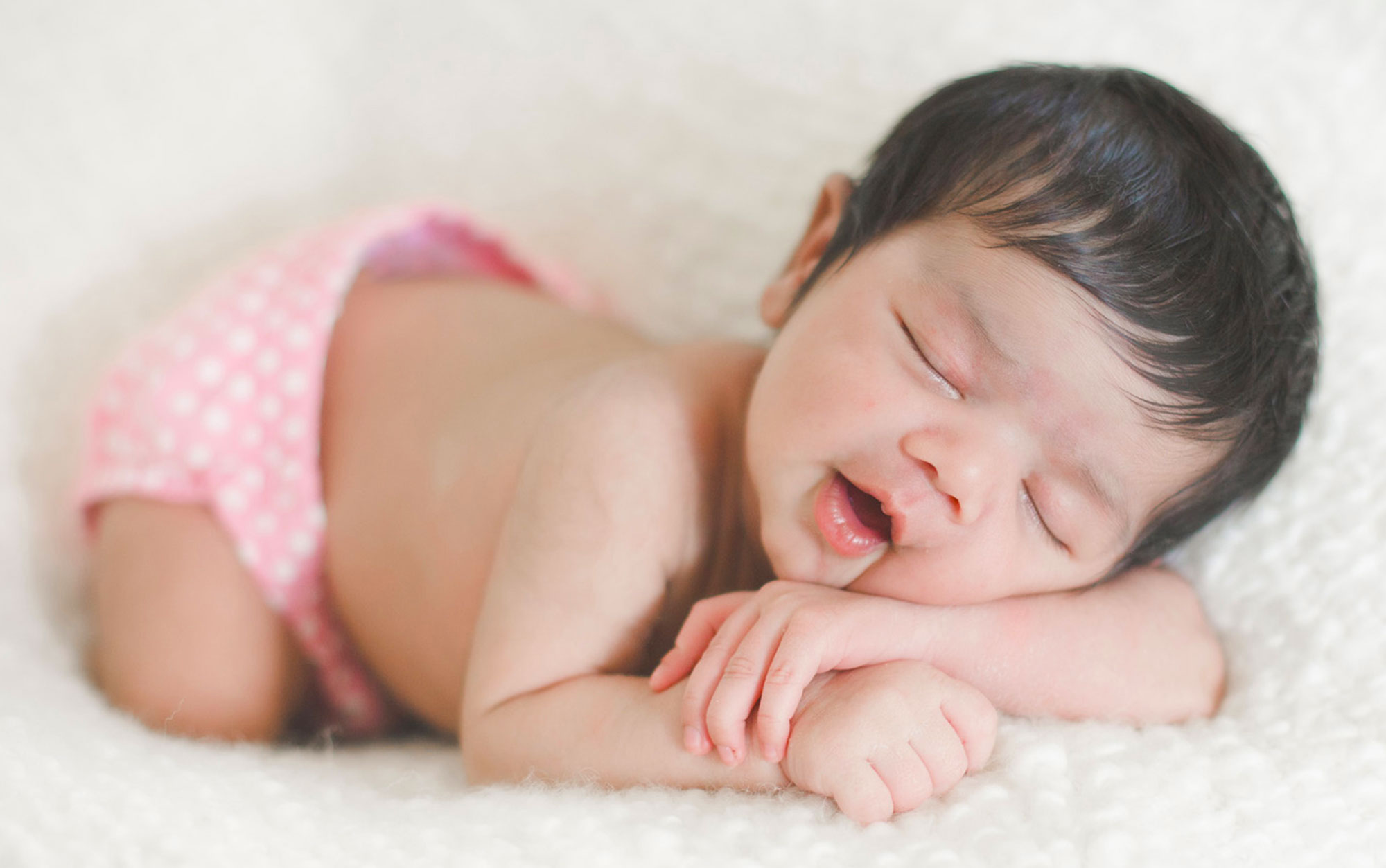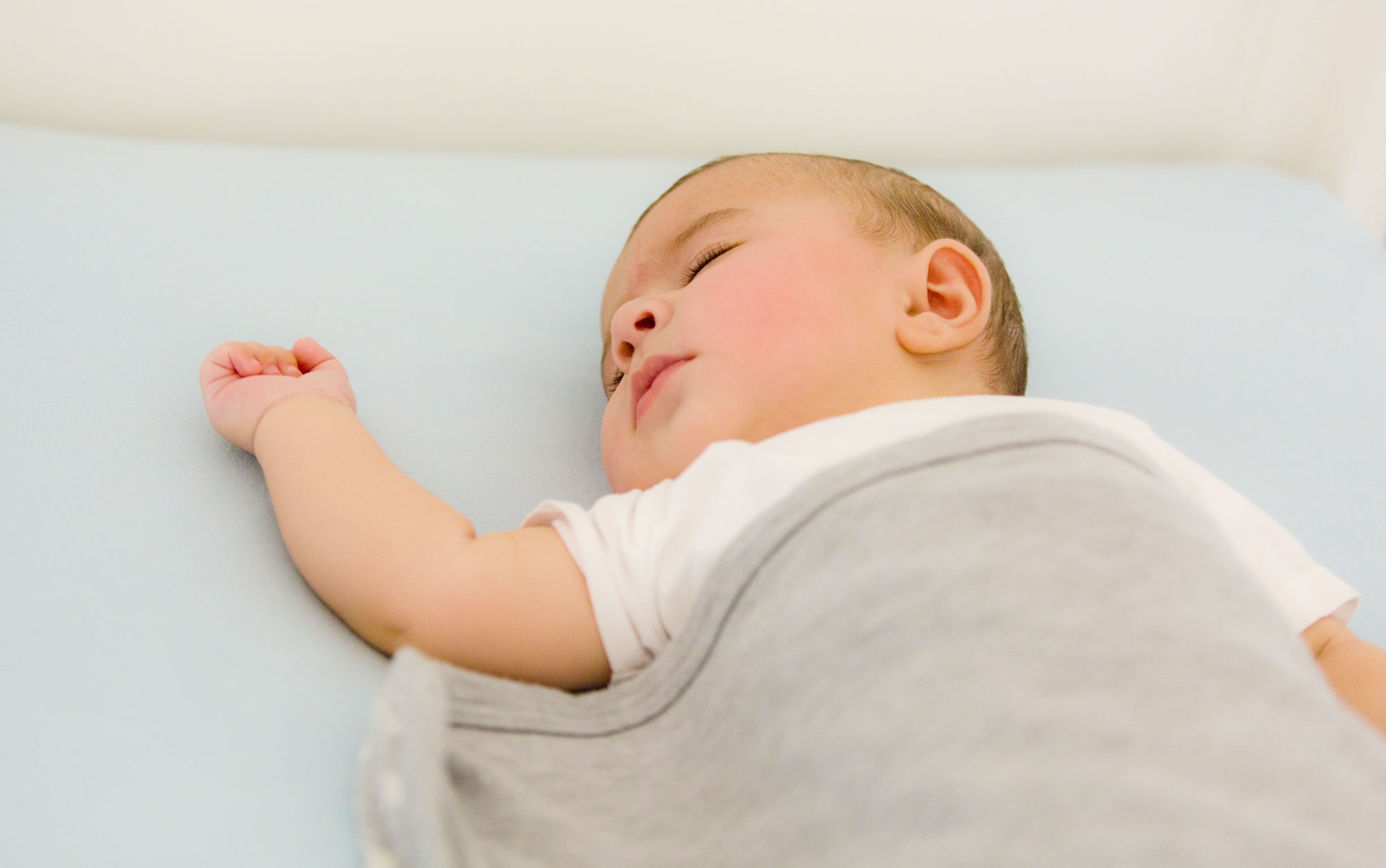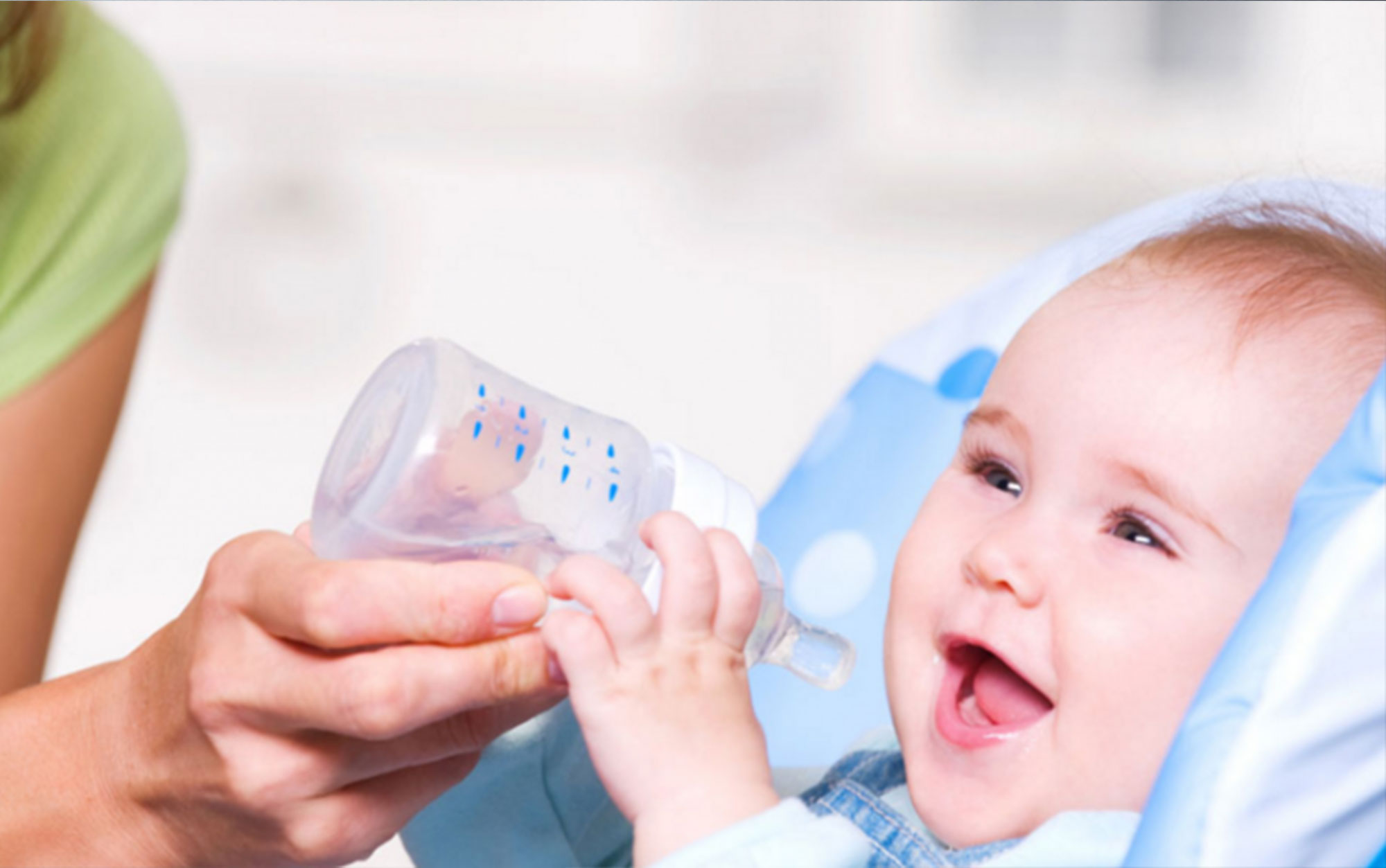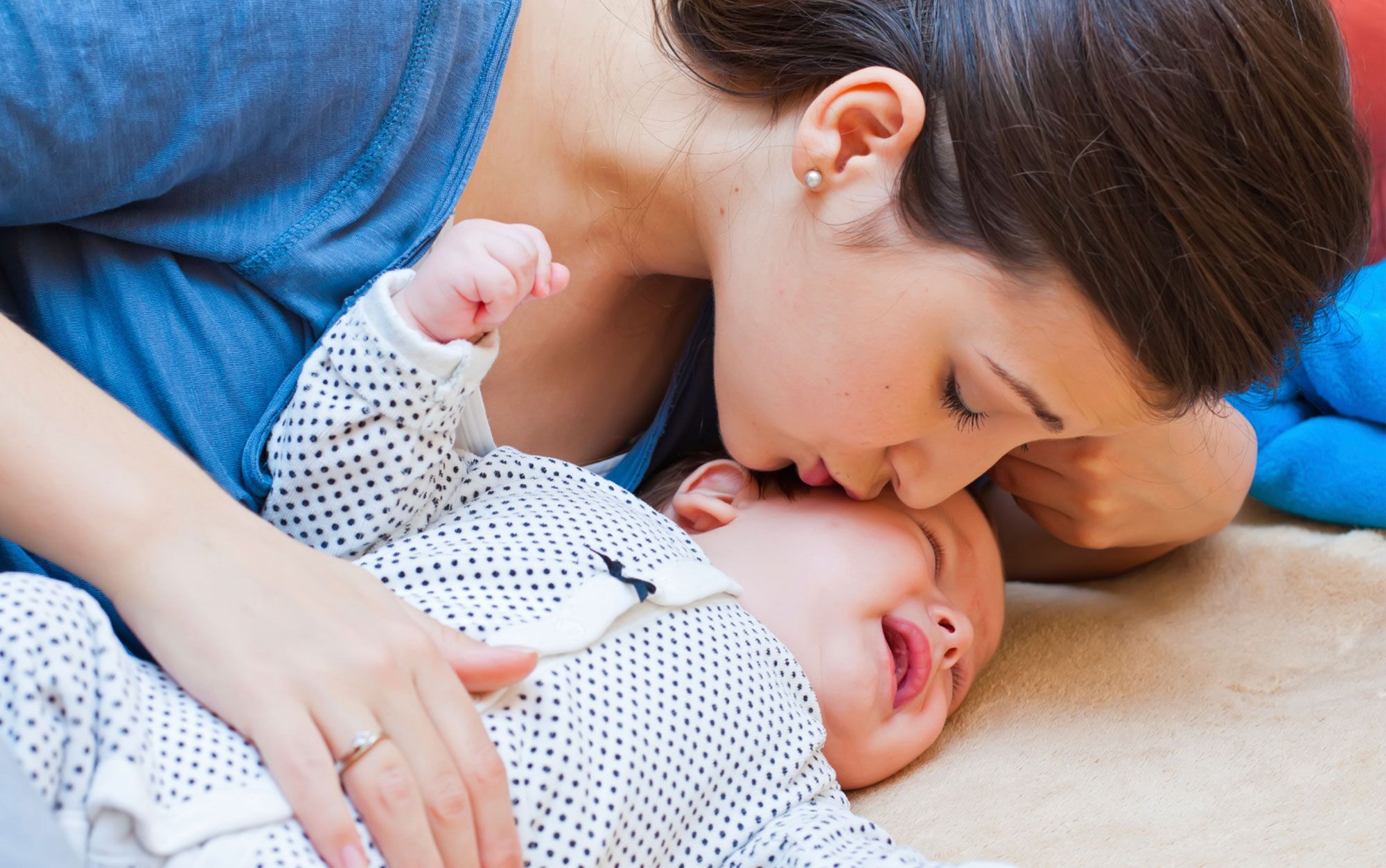
Baby Blues or Postpartum Depression?

Becoming a new Mama is always a joyous occasion, but the excitement of having a new baby can be overshadowed by feelings of sadness and mood swings.
“Many new mamas may experience feelings of sadness, anxiety, crying and mood swings after giving birth,” says Cecile de Scally, Malaak’s Lead Parent Educator. “The hormonal changes, coupled with added responsibilities of having a newborn baby to care for may lead new moms to experience the “baby blues.”
While the baby blues may be completely normal, there is a big difference between the baby blues and postpartum depression. The timeframe in which symptoms occur is often the distinguishing factor because baby blues should subside after a few weeks while Postpartum Depression can last up until a year or longer.
So how can you tell if you have Postpartum Depression or the Baby Blues? Here are some ways to tell the difference:

- Your “Baby Blues” aren’t getting better. It is normal to have a dip in mood in the first 2 weeks after your baby is born. But after that, you should start to feel better. So if you are still feeling sad, anxious or even hopeless weeks later and the feelings are growing intense, that’s more than the blues.
- Sadness or guilt consume your thoughts. Crying every once in a while is normal. But if you are having frequent crying spells and being hard on yourself often as a new mom thinking “I’m a terrible mother”, this could be a sign that you need to reach out for help.
- Losing interest in the things you enjoy. Are you eating the things you love? Are you enjoying time with your partner? Are you laughing at your favourite romantic comedy? Are you enjoying listening to your favourite songs? If not, try to write down the changes in mood and habits and discuss them with your family members or friends.
- You have trouble making decisions. If you are finding it difficult to make decisions or suddenly stop caring about making decisions to get out bed, changing your baby’s diaper or going for walks, these may be early signs of postpartum depression.
- You constantly worry about being a good mama. Every mama can relate to this and of course it is normal to want to do your best for your little one but having constant doubts about your abilities as a mother may require further attention.
- Your sleep patterns have changed. Of course they have. You have a new baby! But if you are unable to sleep or you’re sleeping all the time, then it is advisable to assess your new sleep pattern and understand if there is something deeper causing this.
- You have had big, stressful changes in your life. Having a new baby can of course add stress onto your relationships. Maybe you’ve been fighting with your partner or your family isn’t helping you care for your new baby. Stressful events or relationships can trigger postpartum depression.
- You think about harming yourself. Thoughts of hurting yourself or your baby are clear advanced signs of postpartum depression and you need to seek help immediately.
Postpartum depression is more common than we think! It is estimated that between 3 and 20 percent of women experience some form of postpartum depression after giving birth. It is important to seek support and help as soon as possible to ensure a safe and enjoyable parenting journey for you and your baby.
Feeling overwhelmed? Reach out to our team of Childcare professionals who can come support you in the comfort of your own home and provide guidance on caring for your new bundle of joy. Our team are highly experienced childcare providers who will support your family with challenges related to breastfeeding, sleep training, baby care, baby hygiene, baby safety and answer all your questions, giving you the best support while you get some much-needed sleep!
Reach out to us via ch*******@ma****.me or call 04-4538164.
Credit Source: https://www.henryford.com/blog/2019/06/baby-blues-vs-postpartum-depression























































